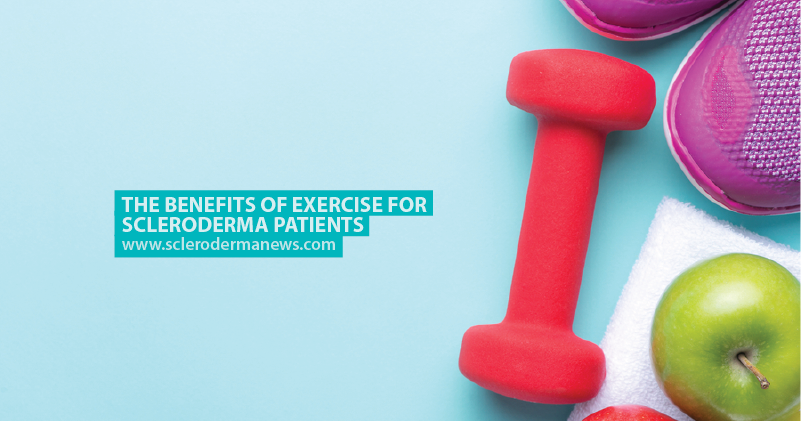The Benefits of Exercise for People With Scleroderma

It’s well-known among people living with scleroderma that regular exercise can help keep the joints flexible. This recommendation may be well-meaning but it may not apply to all who have the condition.
It’s important that everyone works with their doctors and health care team to find their ideal fitness solution.
MORE: Nine ways to motivate yourself to exercise
When it comes to exercise, the idea is to find an activity that will cause the least amount of pain while the person moves as much as possible. According to move.org, some good options include swimming and Tai Chi.
The first few weeks of a new exercise routine are always the hardest, but once that phase passes, most will start to feel a difference. Exercise has been shown to improve sleep, energy levels and overall wellness.
Other benefits of exercise include:
- Building muscular strength
- Improving posture and balance
- Easing pain and joint stiffness
- Improving flexibility
- Improving mood
- Preventing osteoporosis or helping to manage its symptoms
- Lowering stress levels
- Helping achieve and maintain a healthy body weight
Please keep in mind that too much enthusiasm is not the best thing for exercise days. Exercise programs should be planned out well and it’s recommended that anyone with scleroderma speaks to either a doctor, physiotherapist, exercise physiologist, or a health or fitness professional before starting an exercise routine. It’s important that patients pace themselves and understand that while they may be having a good day, pushing themselves too hard while exercising may cause a week of bad days. Remember, slow and steady wins the race.
MORE: The effects of exercise on patients with scleroderma
Scleroderma is strictly a news and information website about the disease. It does not provide medical advice, diagnosis, or treatment. This content is not intended to be a substitute for professional medical advice, diagnosis, or treatment. Always seek the advice of your physician or other qualified health provider with any questions you may have regarding a medical condition. Never disregard professional medical advice or delay in seeking it because of something you have read on this website. The opinions expressed in this blog article are not those of Scleroderma News and are only intended to spark discussion about issues pertaining to the disease






